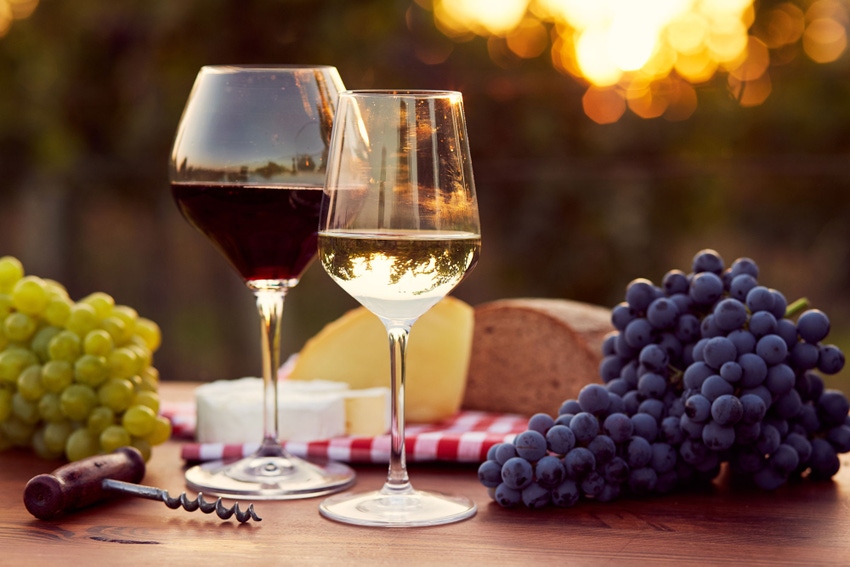
Marketing professionals in many industries have lost no shortage of sleep in their quest to court millennials – that elusive yet massive consumer group that now represents fully one-quarter of the U.S. buying population, according to Census statistics.
Yet California wine producers might have a leg up on their competitors and others, a survey by the international consulting firm Wine Intelligence suggests.
For U.S. consumers, sustainable wine is most strongly associated with California and some other states, and millennials lead in purchasing environmentally produced wines, according to the April survey of 2,000 regular wine consumers. Nine in 10 of them are willing to pay more for sustainably produced wine.
U.S. wine consumers of all ages were willing to pay an average of $3 more for a bottle of sustainably produced wine, but millennials and Generation Z consumers of legal drinking age might go higher, as sustainability certifications have a strong appeal to those drinkers, according to the survey.
“The research indicated high interest in purchasing sustainably produced wine in the future, a favorable perception of sustainable certification programs and certification logos, and a willingness to pay more for sustainably produced wine, particularly by millennials and Gen-Z,” the San Francisco-based Wine Institute observes in a news release.
Lulie Halstead, chief executive officer of the London, England-based Wine Intelligence, gave a presentation on the research at the California Sustainable Winegrowing Alliance’s summit June 6-7 in Sonoma County.
Millennials have been a difficult-to-reach demographic for many industries – so much so that some companies are rethinking their advertising campaigns aimed at millennials because many in that age group are more strapped for cash than the companies realized, AdWeek reported recently.
“There was a great deal of interest” in millennials, generational expert Alexis Abramson told AdWeek, “but there wasn’t as much due diligence around that group. We’ve generalized them as a certain type of person, (but) the reality is the rubber is meeting the road. Companies are starting to understand, ‘Wow, we’re not getting the ROI (return on investment) we thought we might.”
Wine marketers have done their own head-scratching over millennials. A Wine Intelligence report in January found that consumers in this demographic were largely turning away from wine and decreasing their frequency of wine consumption. Research by the Nielsen Co., discussed at the Unified Wine and Grape Symposium in Sacramento, found that two-thirds of millennials are trying to drink less alcohol because of health and wellness concerns.
“As a category we need to realize we are in a pitched battle for the hearts and minds of the next generation,” Halstead says. “They are becoming less connected with alcohol generally, for a variety of health and lifestyle reasons. When they do choose alcohol, they now have diverse and interesting offers in spirits, beer and cider.”
According to Wine Intelligence’s April survey, wine endorsed with a “certified sustainable” label, such as by the Certified California Sustainable Winegrowing program, yielded the highest likelihood to buy among U.S. consumers. While wineries have embraced the sustainability message in their events and online, wine labels and peer recommendations are more frequently used sources, according to the survey.
For more news on pests, disease management and other issues affecting vineyards, subscribe to the bi-monthly newsletter The Grape Line.
About the Author(s)
You May Also Like






